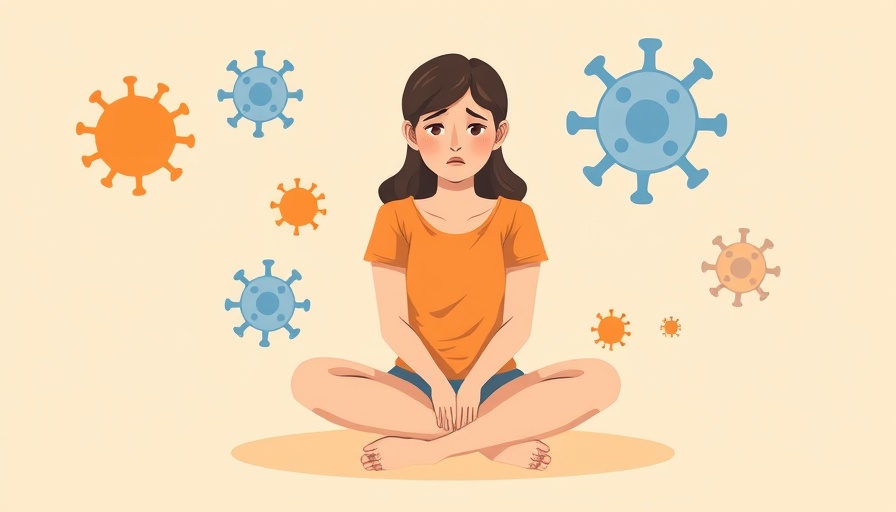
Understanding Healthy Ageing: More than Just Staying Young
In the latest episode of the Better Thinking podcast, Professor Kim Delbaere from Neuroscience Research Australia emphasizes the importance of a multifaceted approach to healthy ageing. Rather than merely focusing on physical health, this approach acknowledges the interconnectedness of physical, psychological, and cognitive factors in the lives of the elderly.
Key Factors in Health Trajectories
Professor Delbaere, a leading figure in Falls, Balance & Injury Research, highlights that falls are often a complex interaction of various factors. “Understanding falls is essential not just for the physical implications but for their psychological aftermath,” she notes. Older adults who experience falls may face increased anxiety, fear of future falls, and general withdrawal from social activities, which can further exacerbate mental health issues.
Cognitive Aspects of Ageing
The professor's research has illuminated how cognitive functions, including attention and decision-making, influence the risk of falling. Cognitive impairment can significantly limit older adults' ability to navigate their environments safely, leading to increased falls. By addressing cognitive health, interventions can improve independence and quality of life among seniors.
The Role of Self-Management and Awareness
A crucial takeaway from Delbaere’s insights is the emphasis on self-management. “Older Australians need to understand their health trajectories and learn how to navigate them,” she explains. Enhanced health literacy can empower the elderly to make informed decisions about their well-being, leading to better health outcomes.
Integrating Psychological Wellbeing
Moreover, psychological wellbeing plays a pivotal role in healthy ageing. The stigma surrounding mental health often prevents elders from seeking necessary help. Integrating mental health awareness into wider discussions about ageing can bridge these gaps and reduce the stigma. Awareness and acknowledgment of mental health issues can lead to better coping strategies for conditions such as anxiety disorders, depression, and stress management.
Community and Family Support
Support networks are essential for older adults facing the complexities of ageing. Encouragement from family and community can enhance an individual’s willingness to engage with health-promoting activities and services. Delbaere's views point towards fostering supportive environments that enable healthy ageing.
The Digital Age and Accessibility
As technology advances, so too should the methods for accessing healthcare. The rise of teletherapy and digital mental health resources opens doors for seniors, who may struggle with mobility or transportation. Such services can provide essential counseling and support, proving that age should not be a barrier to accessing quality medical care.
Government Policies and Community Outreach
From a policy perspective, there's a need for sustainable strategies that focus on the blend of physical and mental health services for the elderly. Governments and health authorities must emphasize mental health policy alongside physical health initiatives to ensure a holistic approach to ageing. This includes funding for community outreach programs and accessible healthcare options that cater to the unique needs of older populations.
Future Considerations on Ageing
In conclusion, Professor Kim Delbaere's work reminds us that healthy ageing extends far beyond physical well-being. It encompasses a broad spectrum of interconnected factors that include mental health, cognitive abilities, and the essential role of supportive networks. As we move toward a society with an increasingly ageing population, it's crucial that we adopt a comprehensive approach to health policy and personal care strategies.
Take Action: Explore resources available to support healthy ageing in your community, and educate yourself on the mental and physical health needs of the elderly around you.
 Add Row
Add Row  Add
Add 




Write A Comment